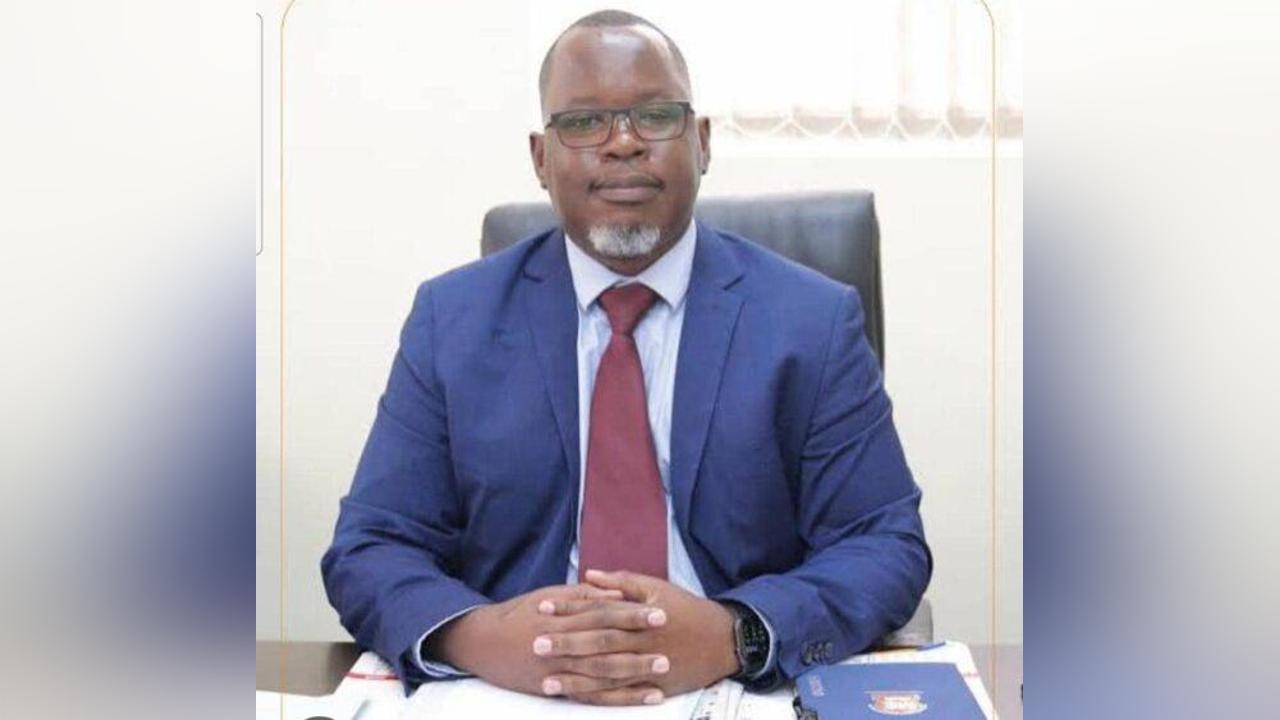Africa-Press – Malawi. In a bold step toward reshaping the nation’s education system, the Malawi Institute of Education (MIE) has released a new Curriculum and Assessment Framework for Schools and Colleges, marking the most comprehensive overhaul of Malawi’s education structure since independence.
The new framework—officially launched in July 2025—aligns the education system with Malawi 2063, the country’s long-term vision of building an inclusively wealthy and self-reliant industrialised upper-middle-income nation.
Developed under the guidance of the Ministry of Basic and Secondary Education (MoBSE), the framework redefines what and how Malawians will learn from pre-primary to teacher training colleges. It adopts a competency-based approach designed to equip learners with 21st-century skills such as critical thinking, creativity, digital literacy, entrepreneurship, and problem-solving.
“This is more than a policy—it is a roadmap to a brighter, more equitable and prosperous Malawi,” said Hon. Madalitso Kambauwa Wirima, Minister of Basic and Secondary Education, in the foreword of the document.
Major Reforms
Among the most striking reforms is a new education structure shifting from the old 0–8–4–4 model to 1–6–6–3, introducing a preparatory class at primary level, six years of primary, six of secondary, and three years of tertiary teacher education.
Secondary education will now feature four distinct learning pathways—STEM (Science, Technology, Engineering and Mathematics), Technical and Vocational Education and Training (TEVET), Arts and Sports Science, and Social Sciences and Humanities. The system aims to allow students to pursue academic or vocational specialisations based on their abilities and interests.
Primary teacher education has also been elevated to diploma and degree levels, replacing the former certificate-based qualification. This shift is intended to strengthen the professional capacity of teachers and improve classroom outcomes.
Digitalisation and Inclusion at the Core
The framework puts digital literacy and inclusion at the heart of teaching and learning. Schools and colleges will be encouraged to integrate emerging technologies such as artificial intelligence, automation, and cybersecurity across the curriculum.
It also champions equity and diversity, promoting inclusive education for learners with special needs, gender equality, and respect for cultural diversity.
Education for the Future
The revised curriculum seeks to move away from rote learning toward competency-based assessment, valuing not just what learners know but what they can do with that knowledge. Continuous and formative assessment methods will complement national examinations, ensuring holistic evaluation of student performance.
MIE Executive Director Dr. Frank Mtemang’ombe hailed the reform as “a landmark in the evolution of Malawi’s education,” noting that it was shaped through wide consultations, research, and benchmarking against systems in countries like Ghana, Kenya, Rwanda, and the United Kingdom.
Alignment with Global Agendas
The framework integrates global and regional education goals, including the African Union’s Agenda 2063, UNESCO’s Education 2030 (SDG 4), and the World Bank’s Human Capital Project, ensuring Malawi’s curriculum remains relevant in a fast-changing world.
“Our goal is to produce globally competent, innovative and patriotic citizens,” said Dr. Rachel Chimbwete Phiri, Secretary for Basic and Secondary Education.
As Malawi embarks on implementing the framework, authorities are calling on all stakeholders—teachers, parents, and development partners—to embrace the change. The ultimate goal is clear: to make education not only a right, but the engine of national transformation.
For More News And Analysis About Malawi Follow Africa-Press






